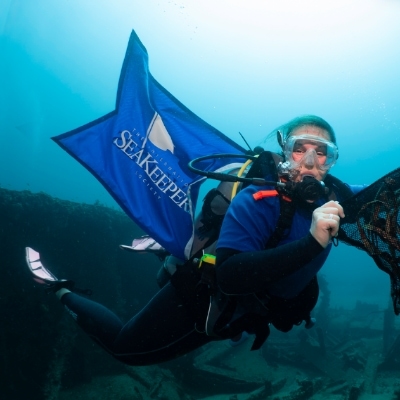Sharks as Ocean Observers: Advancing Shark-Borne CTD Tag Data in the Northwest Atlantic
Project Overview:
Researchers from the University of Delaware are testing new animal-borne tags that measure conductivity, temperature, and depth (CTD), the same parameters collected by oceanographic instruments. By attaching these tags to blue and shortfin mako sharks, the team will gather valuable real-time ocean data from the Mid-Atlantic Bight, one of the most dynamic and storm-influenced coastal regions in the world.
The data will help improve storm forecasting, inform renewable energy planning, and expand our understanding of how sharks interact with their environment. By proving sharks can successfully carry these advanced sensors, this project could open new frontiers in low-cost, wide-ranging ocean monitoring.
Program Partners
- University of Delaware
- Mid-Atlantic Regional Association Coastal Ocean Observing System (MARACOOS)
- Sea Mammal Research Unit Instrumentation (University of St Andrews, UK)
Location
- Delaware and the offshore waters of the Mid-Atlantic Bight
Expected Time Frame
- Fall 2026
Duration of Expedition
- 7–10 Days
Accommodation Needed
- 4–5 Researchers
Special Equipment Needed
- Licensed captain; swim platform or easy access to water; tender or small vessel for tagging; deck space for fishing and sampling gear
Expedition parameters listed above are flexible and negotiable.
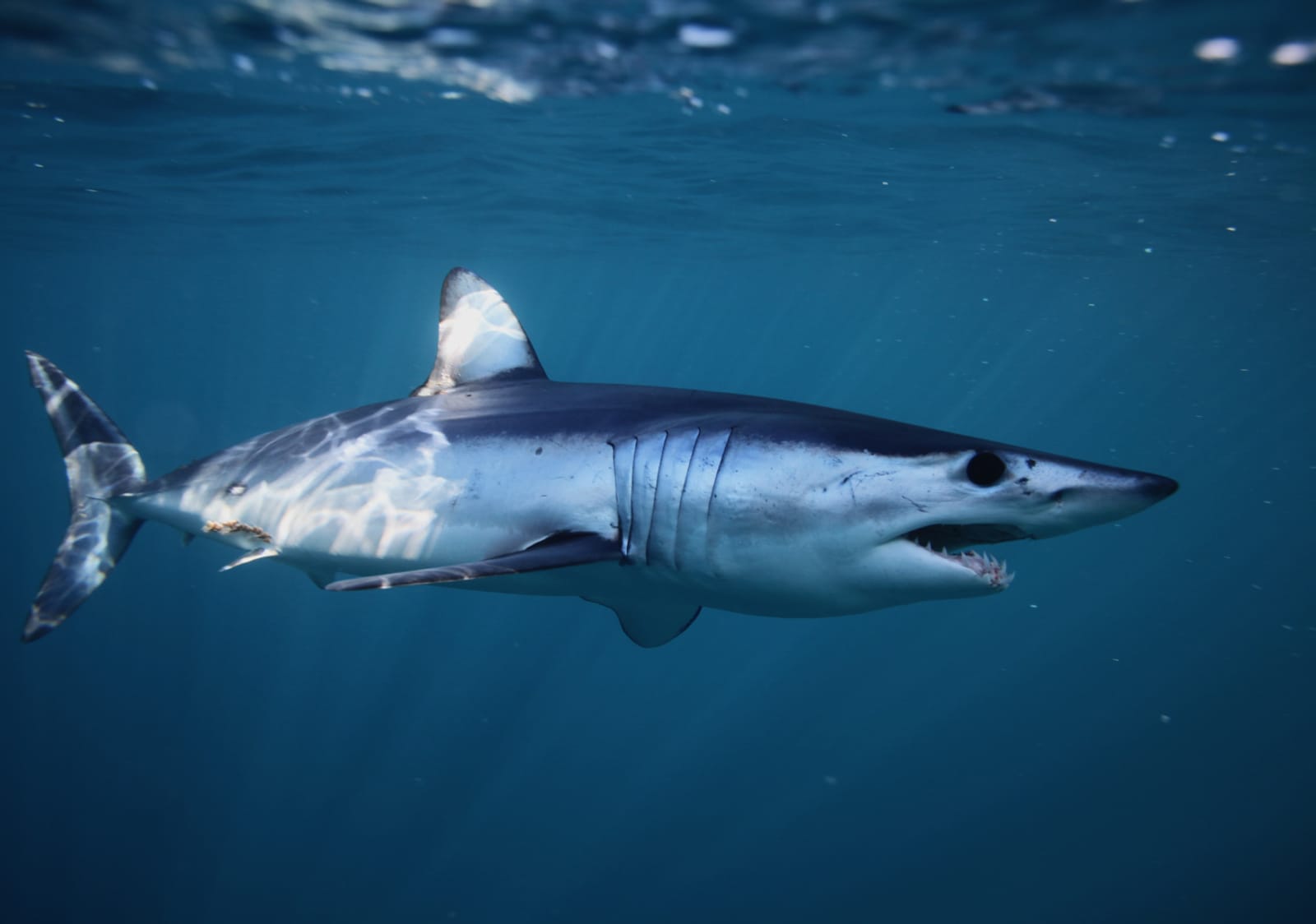
Background:
The Mid-Atlantic Bight is a crucial area for understanding coastal weather, ocean currents, and storm intensity. For over a decade, NOAA and partner institutions have used robotic gliders to measure ocean conditions here, improving hurricane and climate forecasts. However, these gliders move slowly and can’t cover the entire region.
By contrast, sharks move quickly through large areas and dive deeply, offering a unique opportunity to collect environmental data across space and time. With advances in tagging technology, animals like sharks can now act as mobile ocean sensors, recording temperature, salinity, and depth as they move through their habitats. This approach provides real-time information at a fraction of the cost of traditional oceanography and can fill major data gaps in coastal and shelf environments.
Mission:
This research aims to test and demonstrate the use of new CTD tags on pelagic sharks to collect real-time oceanographic data while advancing understanding of shark ecology in the Northwest Atlantic.
Applications:
This project will provide real-time data on ocean heat and salinity to improve storm and hurricane forecasts. These insights will also refine models used for maritime safety, renewable energy planning, and fisheries management. By using sharks as ocean sensors, the research helps integrate animal-borne technology into regional and global observing systems, expanding how scientists monitor the ocean. The project also supports graduate student research and public outreach through the University of Delaware’s marine science programs, connecting cutting-edge research with education and community engagement.
Get Involved
If you’re interested in learning more about this specific program opportunity, please reach out to our team below to find out more about this program or get involved in other opportunities with SeaKeepers.
Explore More Opportunities
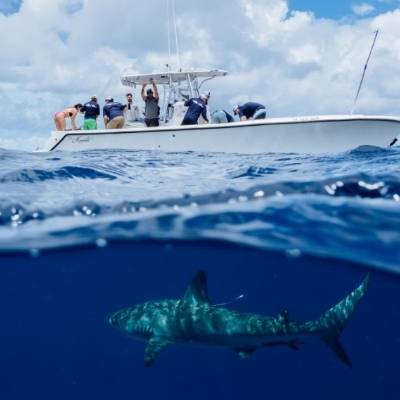
At-Sea Opportunities
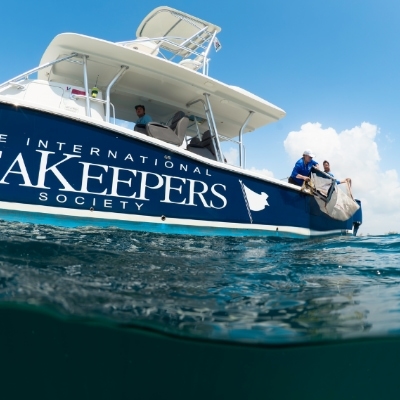
Citizen Science Opportunities
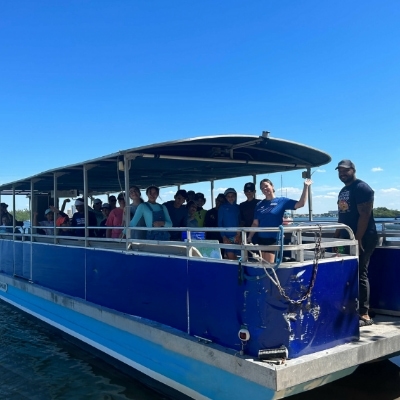
Education Opportunities
